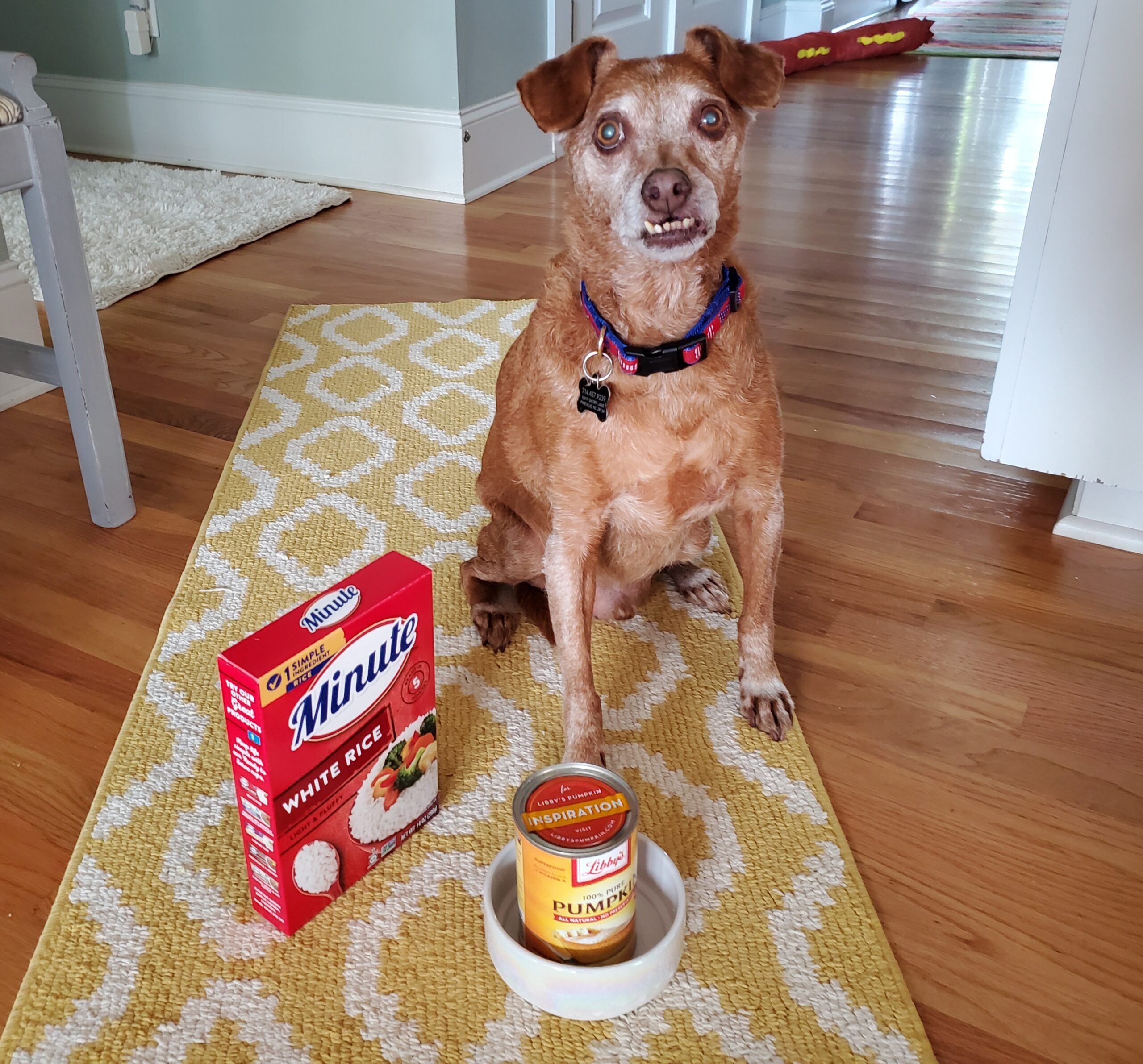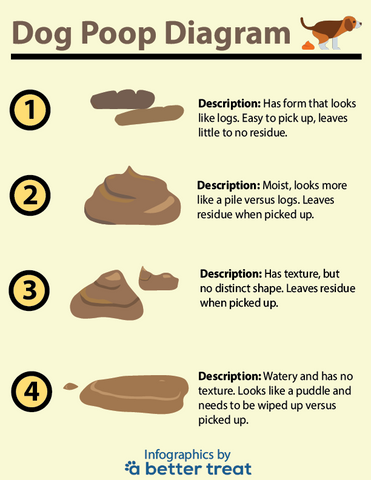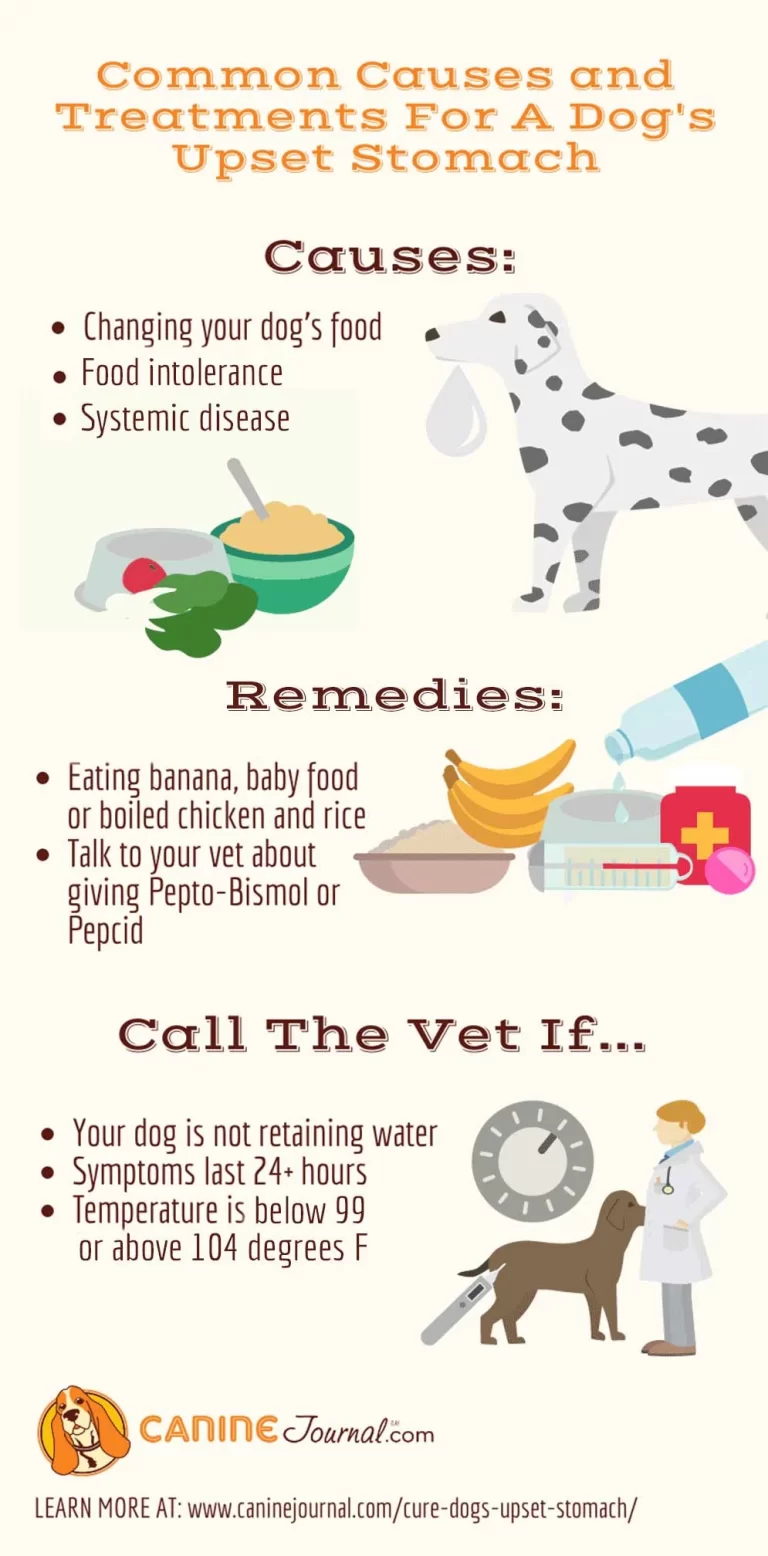If your dog has an upset stomach, you can give them a bland diet of boiled chicken and white rice. This combination is gentle on the stomach and can help to alleviate digestive issues.
When your dog is experiencing an upset stomach, it can be distressing for both you and your furry friend. Understanding what to feed them during this time is essential for their health and well-being. To help your dog feel better, providing a bland diet is a good approach.
In addition to the boiled chicken and white rice, it’s important to ensure they have access to clean water and to monitor their symptoms. It’s also advisable to consult with a veterinarian if the upset stomach persists or if your dog’s condition worsens. By taking care of your dog’s upset stomach, you can help them recover and feel better in no time.

Credit: www.facebook.com
Home Remedies For Dog Upset Stomach
Discover effective home remedies for soothing your dog’s upset stomach. From bland diets to probiotics and herbs, find safe solutions to help your furry friend feel better. Keep your dog’s tummy happy and healthy with these natural remedies.
Fasting For Dogs
A simple home remedy for a dog with an upset stomach is to try fasting for a short period of time. Fasting allows the dog’s digestive system to rest and recover. It is recommended to withhold food for 12 to 24 hours, but always consult your veterinarian before attempting this. Make sure your dog has access to fresh water during this fasting period. Keep an eye on your dog’s behavior and if they show signs of discomfort or the symptoms worsen, consult a professional immediately.
Bland Diet For Dogs
Another effective home remedy for a dog with an upset stomach is to provide them with a bland diet. A bland diet is easy on the stomach and helps to settle any irritation. It typically consists of boiled chicken or lean ground turkey with boiled rice or sweet potatoes. This combination provides essential nutrients while being gentle on the digestive system. Feed your dog small portions of this mixture for a few days until their stomach settles. Gradually reintroduce their regular diet by mixing small amounts of their regular food with the bland diet, gradually increasing the ratio over a few days.
Probiotics For Dogs
Probiotics are beneficial bacteria that promote a healthy gastrointestinal tract. They can help restore the balance of good bacteria in your dog’s gut, which can be disrupted during periods of digestive upset. Probiotics are available in various forms, including powders, capsules, and treats. Look for a probiotic supplement specifically formulated for dogs. Follow the recommended dosage instructions provided by the manufacturer or consult your veterinarian for guidance. Adding probiotics to your dog’s diet can help improve digestion and reduce the likelihood of future upset stomach episodes.
Pumpkin For Dogs
Pumpkin is a natural remedy that can help soothe a dog’s upset stomach. It is rich in fiber, which aids in regulating bowel movements and can alleviate diarrhea and constipation. Additionally, pumpkin has a high-water content, helping to hydrate your dog and improve digestion. When using pumpkin as a home remedy, make sure to use plain, canned pumpkin without any added sugars or spices. Add a small amount (approximately one to two tablespoons) to your dog’s food and gradually increase the quantity if their symptoms improve. Always consult your veterinarian to ensure pumpkin is safe and appropriate for your dog’s specific condition.
Ginger For Dogs
Ginger is a natural anti-inflammatory that can help alleviate digestive discomfort and reduce nausea in dogs. It can be used as a home remedy for an upset stomach by adding a small amount of freshly grated ginger to your dog’s food or mixing ginger powder with water to create a paste. The recommended dosage is approximately a quarter teaspoon for small dogs and up to one teaspoon for larger dogs, given two to three times a day. However, it is crucial to consult your veterinarian before introducing ginger to your dog’s diet, especially if they have any underlying health conditions or are taking medications.
Medications For Dog Upset Stomach
Dealing with a dog’s upset stomach can be stressful for both you and your furry friend. When it comes to finding relief for your dog’s gastrointestinal discomfort, there are several medications that can help alleviate symptoms and promote healing. From antacids to prescription medications, understanding the options available can make a real difference in your dog’s well-being. Here’s a closer look at some of the medications you can consider for your dog’s upset stomach:
Antacids For Dogs
A popular choice for addressing upset stomach in dogs, antacids work by neutralizing excess stomach acid. Common antacids for dogs include famotidine, ranitidine, and omeprazole. These medications can help provide relief from symptoms such as acid reflux, vomiting, and gastric ulcers. It’s important to consult your veterinarian before giving your dog antacids, as the dosage and frequency may vary based on your dog’s condition.
Anti-nausea Medications For Dogs
Dogs experiencing an upset stomach often suffer from nausea, which can worsen their discomfort. Anti-nausea medications such as maropitant and metoclopramide can help alleviate nausea and vomiting in dogs. These medications work by targeting the areas of the brain that trigger nausea, offering relief to your pet. Always consult with your vet to determine the appropriate dosage and administration of anti-nausea medications for your dog.
Prescription Medications For Dogs
In severe cases of upset stomach, prescription medications may be necessary to address underlying issues. Your veterinarian may prescribe probiotics, anti-inflammatory medications, or antibiotics depending on the cause of your dog’s upset stomach. These medications are designed to target specific gastrointestinal conditions and promote healing. It’s crucial to follow your vet’s instructions closely when administering prescription medications to your dog to ensure their safety and effectiveness.
When To Seek Veterinary Help
Knowing when to seek veterinary help for your dog’s upset stomach is crucial for their well-being. While mild stomach issues can often be managed at home, there are specific situations that warrant immediate professional attention. Being aware of these signs can help you make the best decision for your pet’s health.
Persistent Symptoms
If your dog continues to experience symptoms of upset stomach such as diarrhea, vomiting, or loss of appetite for more than 24 hours, consult a veterinarian. Persistent symptoms could indicate a more severe underlying issue that requires professional evaluation and treatment.
Bleeding Or Vomiting
If you notice any signs of blood in your dog’s vomit or stool, it is essential to seek veterinary help immediately. This could indicate a serious internal issue that needs to be addressed by a professional.
Signs Of Dehydration
Dehydration can exacerbate stomach problems and lead to further complications. If your dog shows signs of dehydration such as excessive lethargy, dry gums, or sunken eyes, it’s crucial to have them evaluated by a veterinarian for proper rehydration and treatment.
Preexisting Health Conditions
Dogs with preexisting health conditions such as diabetes, kidney disease, or gastrointestinal disorders may require immediate veterinary attention if they experience an upset stomach. These conditions can worsen with stomach issues, so it’s essential to monitor them closely and seek professional help if necessary.

Credit: www.whole-dog-journal.com
Preventing Upset Stomach In Dogs
Preventing an upset stomach in dogs is an important aspect of maintaining their overall health and wellbeing. By taking proactive measures, you can help keep your furry friend happy and comfortable. In this section, we will discuss the key factors that contribute to a healthy digestive system for your canine companion.
Diet And Nutrition
A balanced diet plays a crucial role in preventing an upset stomach in dogs. Providing your furry friend with high-quality, nutritious food is essential for their digestive health. Opt for dog food that is specifically formulated to meet their nutritional needs. Look for options that contain easily digestible ingredients such as lean proteins and whole grains.
Tip: Consulting with your veterinarian can help you determine the best diet for your dog’s specific needs.
Slow Feeding
One effective way to prevent an upset stomach in dogs is to encourage slow feeding. Rapidly gobbling down food can lead to indigestion and discomfort. Consider using slow-feeding bowls or puzzle toys to prolong mealtime and promote proper digestion. These specially designed feeding tools can help prevent bloat and regulate food intake.
Tip: Feeding your dog smaller, more frequent meals throughout the day can also aid in digestion.
Avoiding Table Scraps
While it may be tempting to share your mealtime leftovers with your dog, it’s important to resist the urge. Feeding them table scraps can disrupt their digestive system and lead to stomach upset. Some human foods, such as onions, chocolate, grapes, and avocados, can be toxic to dogs. Stick to their regular diet and provide appropriate treats specifically made for dogs.
Avoiding Toxic Foods
Certain foods that are safe for humans can be toxic to dogs and can cause severe stomach issues. Avoid feeding your dog foods that are toxic to them, including chocolate, caffeine, alcohol, onions, garlic, and raisins. Additionally, be cautious of artificial sweeteners such as xylitol, which can be extremely harmful to dogs. Educate yourself on the potential dangers and always check ingredient labels before sharing any food with your dog.
Tip: If you suspect your dog has ingested a toxic food, contact your veterinarian immediately.

Credit: www.abettertreat.com
Frequently Asked Questions On What Can You Give Your Dog For An Upset Stomach
What Can You Give Your Dog For An Upset Stomach?
Giving your dog a bland diet of boiled chicken and rice can help soothe their upset stomach. You can also try giving them plain yogurt or a small amount of pumpkin. However, it’s important to consult your veterinarian before trying any home remedies for your dog’s upset stomach.
Conclusion
Ultimately, when your furry friend is dealing with an upset stomach, it’s essential to provide them with the right care and remedies. From a bland diet to specialized dog foods, natural remedies, and medications, there are several options available. However, it’s crucial to consult with your veterinarian before trying any new treatment.
By following their guidance and being attentive to your dog’s needs, you can help them recover and get back to their happy, healthy selves in no time. Remember, your dog’s well-being is of utmost importance, so always prioritize their comfort and seek professional advice when needed.



